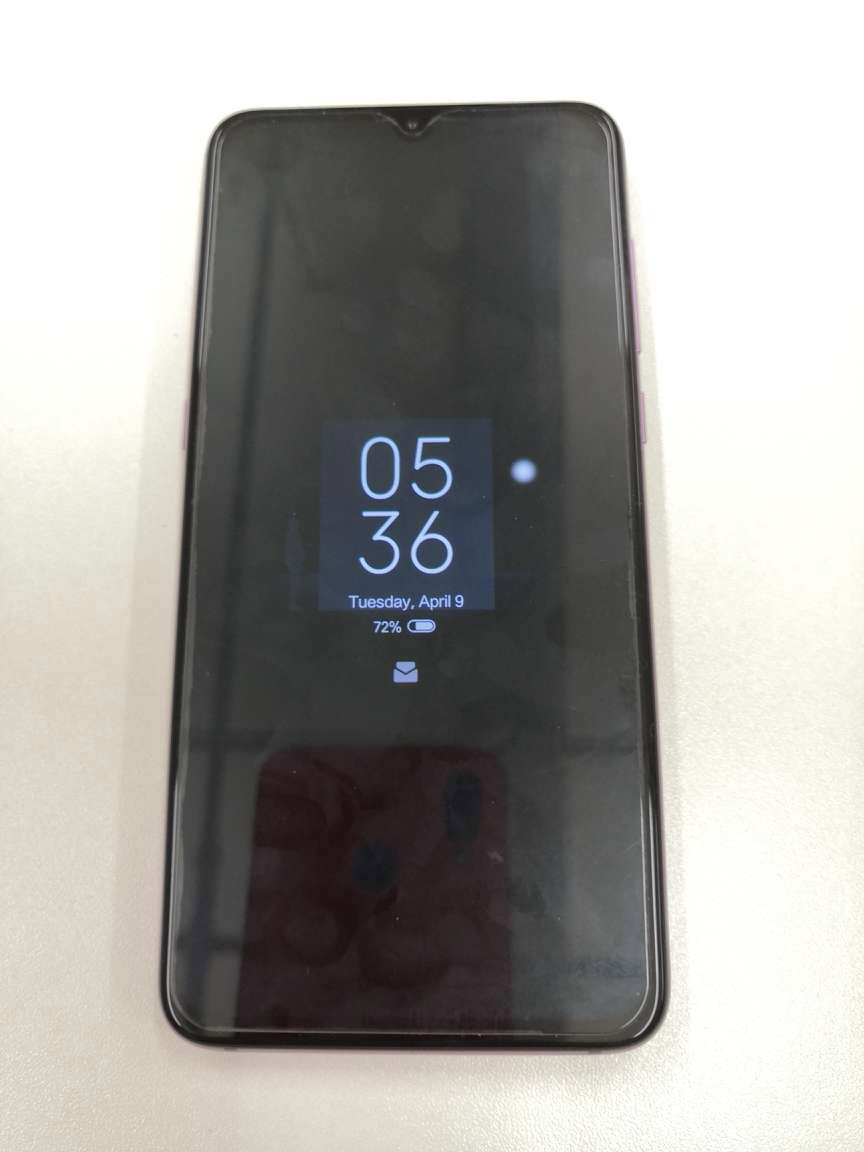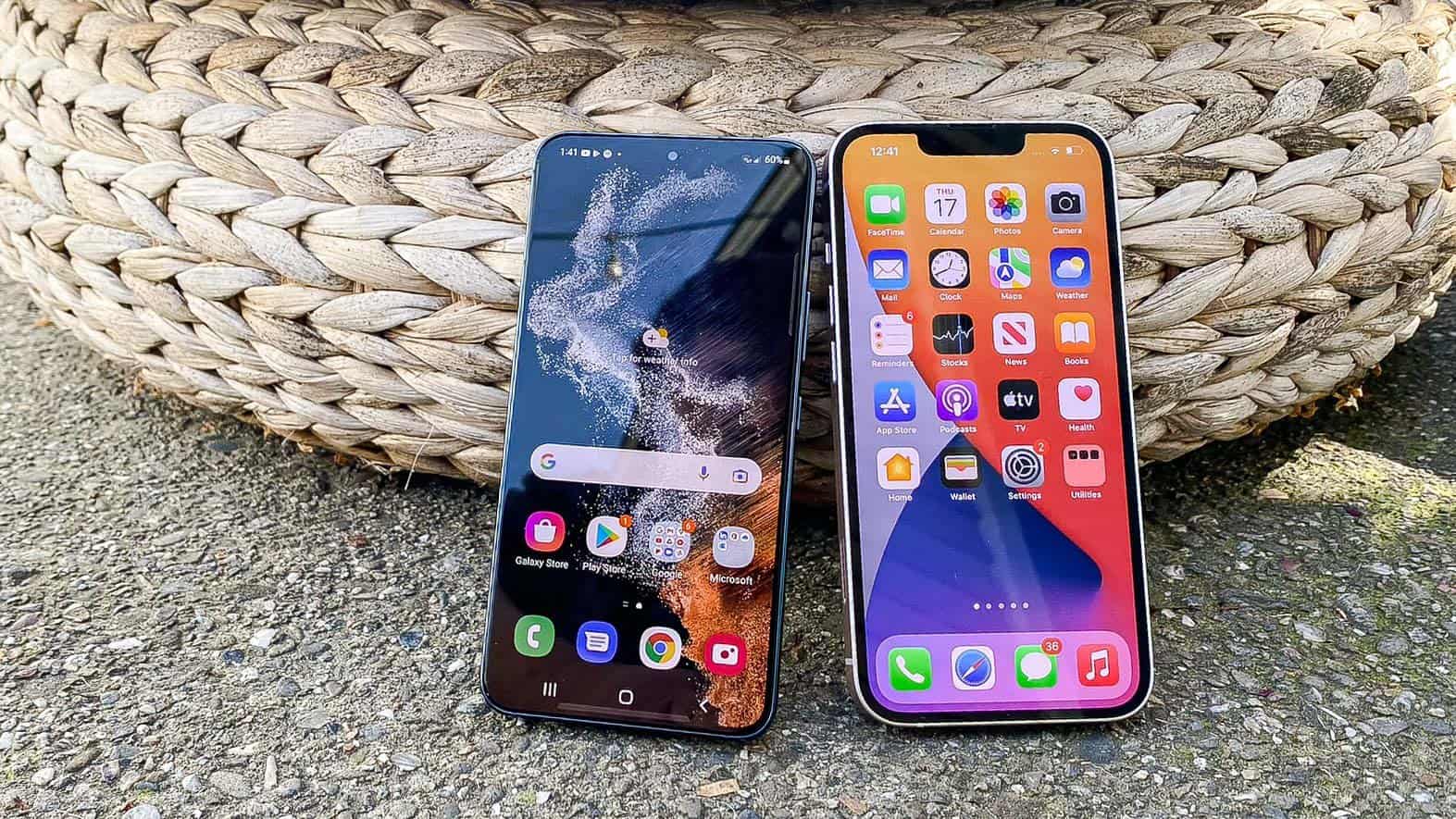Nowadays, smartphones are more than just phones. This is because in addition to helping us communicate, they also facilitate our daily tasks. However, these devices have a major problem. The battery drains very quickly and there are many reasons for this to happen but does permanent mode really have an effect?
Does always on have the same effect on the battery? The truth is this
The always-on feature allows screens to never be turned off completely. So, despite being in a very economical mode, smartphones can show some indicators and even return to functional mode faster if we need it. But what is the effect of this on the battery? Some say permanent status doesn’t cost anything. Others point out that it consumes a lot of battery. After all, where is the truth? Now Dxomark has done a study on this and the results are intriguing.
In fact, the team dexomark He did a very thorough research on this topic. They used four different smartphones for this survey. So they resort to Xiaomi Ultra 12, Apple iPhone 14 Pro MaxAnd Samsung Galaxy S22 (Exynos) and Google Pixel 7 Pro. The test was performed under controlled conditions, such as a temperature of about 22°C.
In order for everything to be the same, they configured the same properties on all devices. They are Airplane Mode, Auto Brightness Mode, and Adaptive Refresh Rate. They also turned off Bluetooth, Data, Wi-Fi, and Location services.
Results
The Always-On function drains the battery more than expected. But much more than that! With everything turned off in terms of connectivity and not just smartphones it should last around 400 hours. With Always on, there are only 100 left! It is undoubtedly incredible. So it is probably worth not using this mode. However, these results lead us to wonder if the manufacturers did any research before including this feature. Meanwhile, the Dxomark team has run some more tests and the result is the same. The feature is the best.
While the manufacturers may have the best of intentions with this feature, the truth is that in the end it may not be worth the investment.

“Coffee trailblazer. Social media ninja. Unapologetic web guru. Friendly music fan. Alcohol fanatic.”



